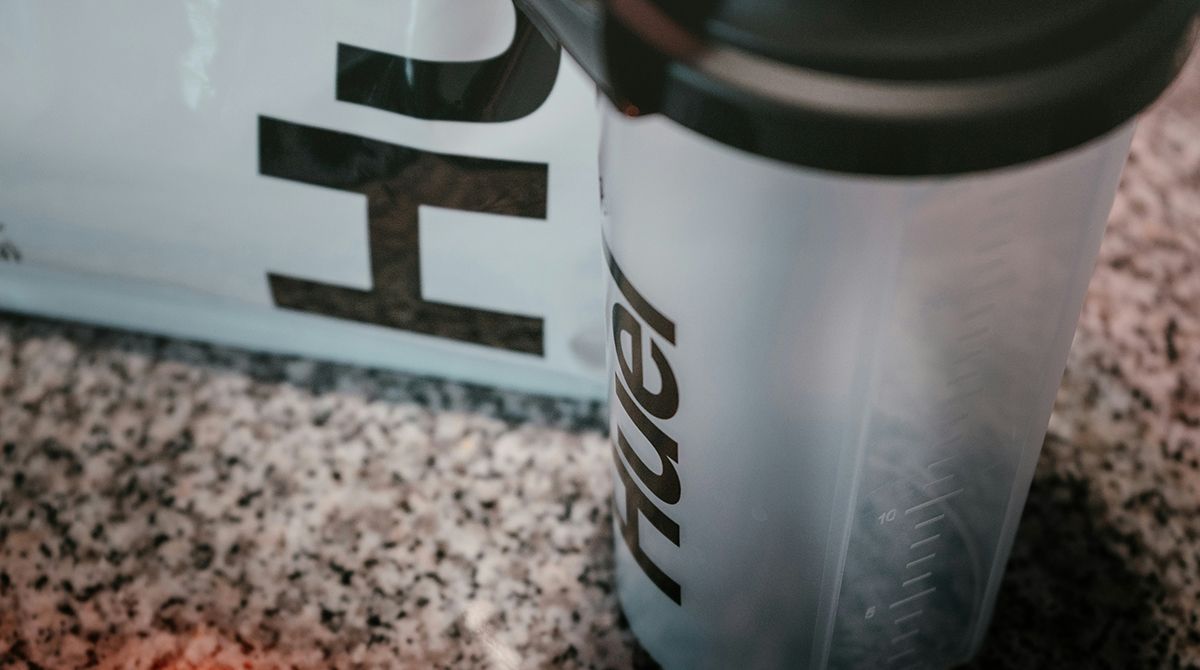
Psychological ownership is a powerful thing.
On a visibly cold day on 6 January 2021, over 2,000 people stormed the Capitol Building in Washington D.C.
Two months after former President Donald Trump lost the 2020 presidential election.
Members of a right-wing militia group, affectionally calling themselves the Proud Boy movement, are seen heading towards the Capitol.
One of the members of the (largely male) disaffected group speaks to a news correspondent and is heard saying:
“We’re taking our country back.”
Over the course of the day chaos ensued, many people were injured and there were a number of deaths on the day and over the coming months attributed to what Alexandria Ocasio-Cortez called a "terror act".
This highlights the power of giving even a perceived notion of ownership.
Trump, knowingly or not (I would imagine not), hacked in to the strength of the Endowment Effect to make his supporters feel a sense of psychological ownership of the country in which they live.
So much so that storming a federal building and reeking havoc seemed like a good idea.
Brands can and do tap into this powerful effect too.
Huel are a brilliant example of this.
In particular giving their customers — self-proclaimed 'Hueligans' — free branded bottles to mix and take their protein shakes on the road.
It's something I've experienced myself as a sometime Huel buyer.
That feeling of mixing my own protein shakes at home, adding frozen fruit and a drop of honey, and taking the self-made concoction to my gym ready to drink after a workout.
Giving people a sense of psychological ownership increases the value they attribute, their enjoyment of it, and the likelihood they'll buy again.
Get in touch ✓ Take a free healthcheck ✓
Or give us a call on 020 7768 5005